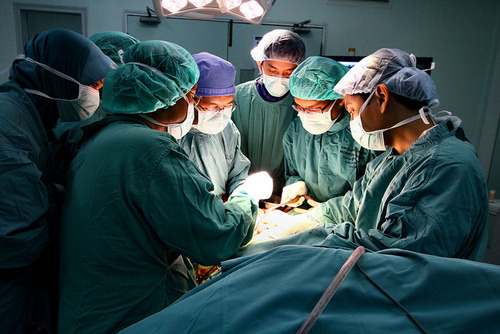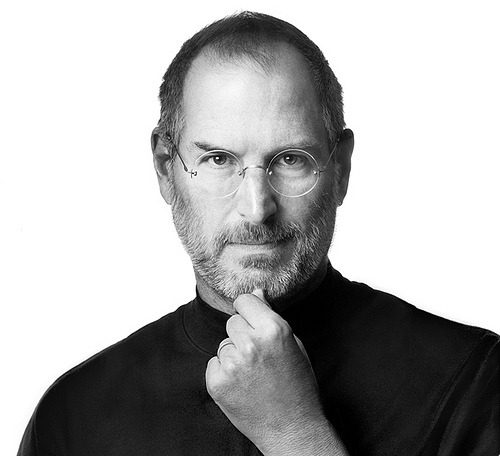
By Chris Lewis
This piece has probably been one of the most challenging that I have ever written, because the subject can be so broad. Most of my writing is in the ‘cancer field,’ but I am going to write about some more general issues, and attempt to tie it all together by the end.
My first task is to define the word in simple terms, and this is the best description I have found.
‘Innovation means doing something new, different, smarter or better, that will make a positive difference.’
As a self-employed business consultant in my life before cancer, I was always looking for solutions to problems. What could improve things, for both the business and the customer? Not all problems are solved by spending more money. It is often possible to make small changes to the way you do things, which can produce beneficial results. In many instances, it is very difficult for the people close to the business to either see or accept that change is required. That is where a fresh pair of eyes can really help.
Since cancer entered my life, it, and the treatment associated with it, have battered me for 6 years, meaning that I have been unable to continue my work. However, old habits die hard, and despite lengthy spells in hospital, I have been looking at ways to improve things in the current service.
The main thing that became obvious to me is that there is very little support, for people affected by cancer, outside the hospital environment. I was shocked to discover that! Before I got sick, I always assumed that the system would provide support for me where necessary. It is important to add, that I am not one for even asking for any help, but it would be nice to know if something was there for the people who may need it.
The fallout from a cancer diagnosis and treatment can be more damaging than the cancer itself, both physically and emotionally. Causing people to lose their job, partner, house etc and ultimately creating a downward spiral for that person. As more and more people are affected by cancer, this problem is increasing. Due to the fact that every case is unique, our previous approach of ‘one size fits all,’ is no longer appropriate.
Our population is so much more diverse now than it was even 20 years ago, and I am not convinced that our support reflects that. Different communities deal with these issues, in contrasting ways. Also we are only recently starting to get to grips with the different needs of young children compared to older people. How long has it taken for us to get to single sex wards?
Things have changed dramatically in recent years, and the way we live our lives is now totally different, with technology playing a massive part in that. However, when I look closer into the cancer world there are still many things that haven’t changed. One example of this is ‘support groups.’ I would like to start by saying there are some very good ones around. But mostly, they are run by volunteers, for people who are unwell. Not everyone can make a fixed monthly time, of course, and for some people, the last thing they really want to do is talk in front of others about their very personal issues. The attendance becomes sporadic, and after sometime they fold, mostly due to lack of support in running the group, or attendance drops due to lack of interest.
It is so important to start looking differently, at the way we deal with our healthcare, not just cancer. Ill health is not something that only happens to other people. Unfortunately it will happen to us all! We are now living in a 24/7 society, but, we don’t have a health service that reflects that! Our GPs rarely work after 7pm and at the weekends. Million pound machines lay idle, and waiting lists grow, as we struggle to accept weekend working. By the above definition, this would be innovation. (Working smarter)

My business guru is Steve Jobs (Apple.) A recent example of innovation is the ipad. Jobs believed in it, when no one else could see where it would fit into the market, but his instincts were right, as by the middle of 2011, the iPad was proving to be a more revolutionary product than even the iPhone and the iPod. The iPod and iTunes changed the way people bought and listened to music. The iPhone changed what people could expect from their mobile phones. But the iPad was turning five industries upside down. It was changing the way consumers bought and read books, newspapers, and magazines — as well as the way they watched movies and television.
He was close to the market, and saw what the next trend might be and created it! He wasn’t afraid of criticism and was always looking to try new things. Today, we have technology to help us, but that is only really half the story. The biggest battle that I encounter in healthcare is that so many organisations are ‘closed’ to the idea of change. An air of suspicion is aroused. Red tape is thrown up to aid defences, and inevitably innovation is slowed. Ironically the welfare of the patient is cited as the reason that things can’t change! Excuse me, but things may improve if we looking at doing things differently!
People tell me that healthcare is not a business, but actually it is, just as charities are too! From my experience they can all be run ‘leaner and meaner.’ Innovation is something to embrace, not to fear! But until we learn that, we will always be holding back progress.

Chris Lewis is an international cancer blogger, speaker, patient and mad Crystal Palace fan. Read Chris’ popular blog here: www.chris-cancercommunity.blogspot.co.uk and follow him on Twitter: @christheeagle1



